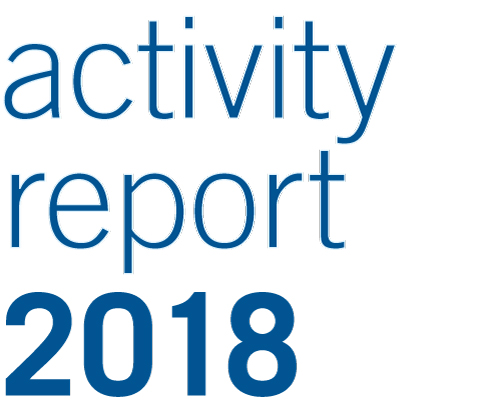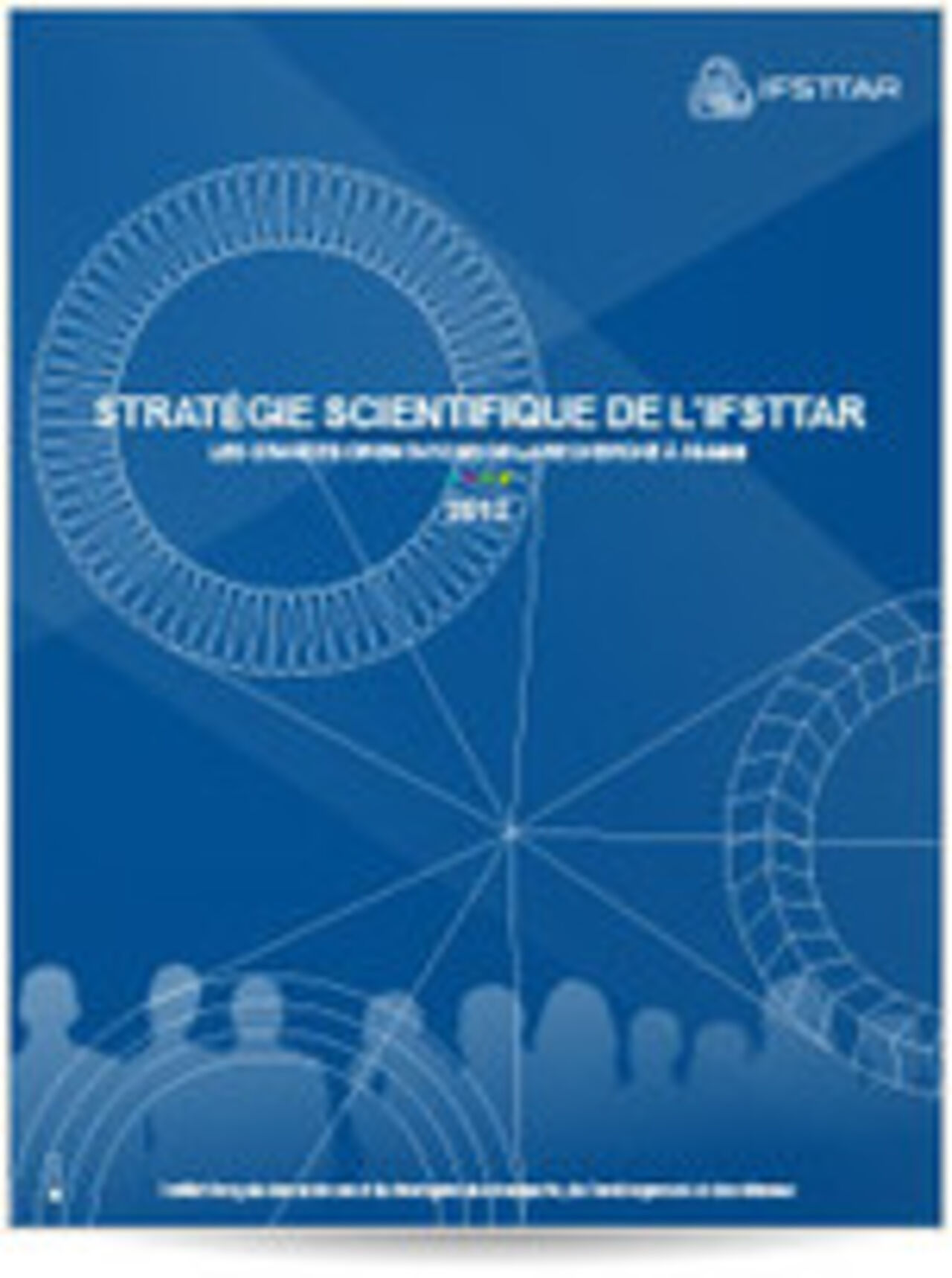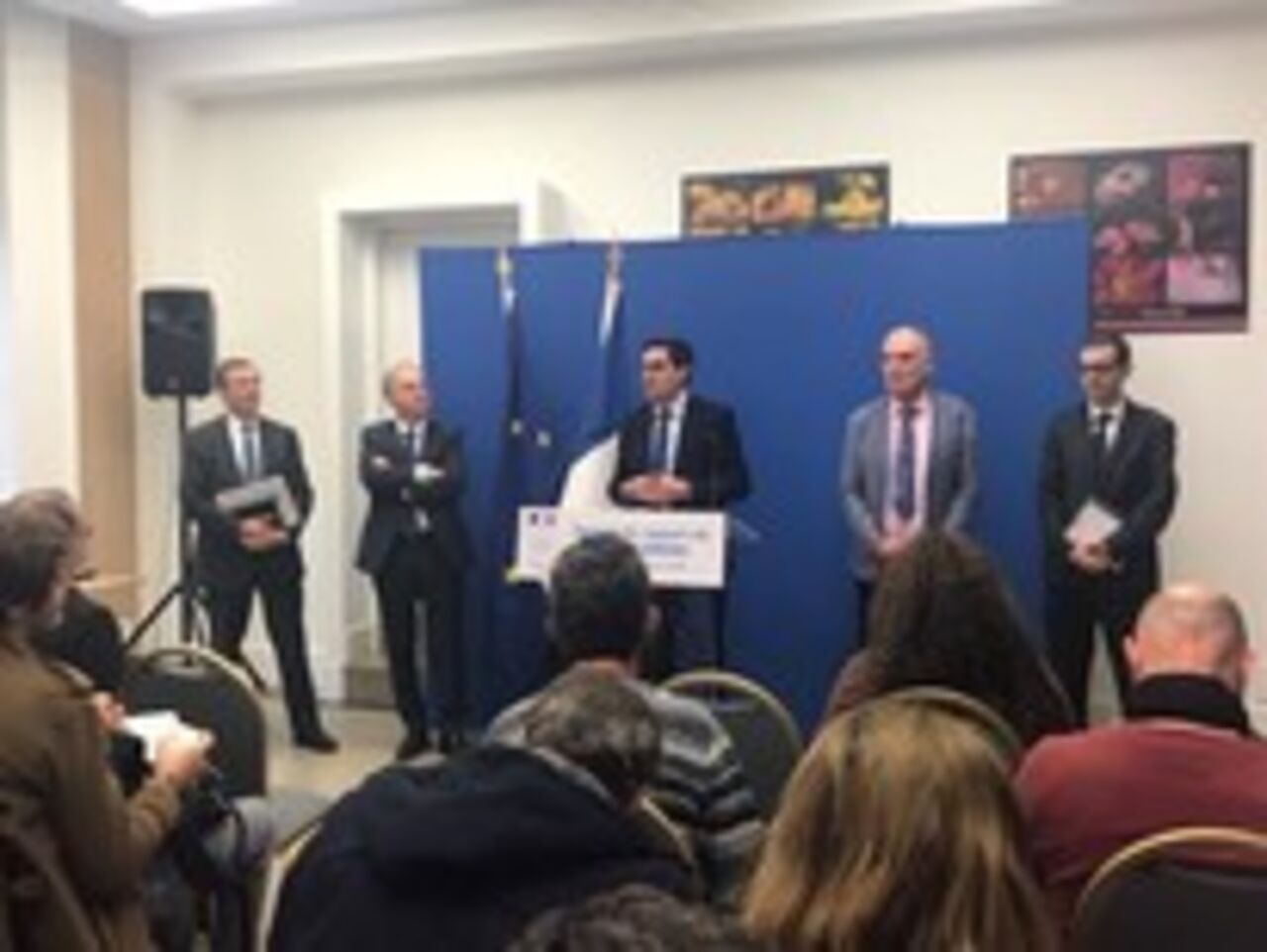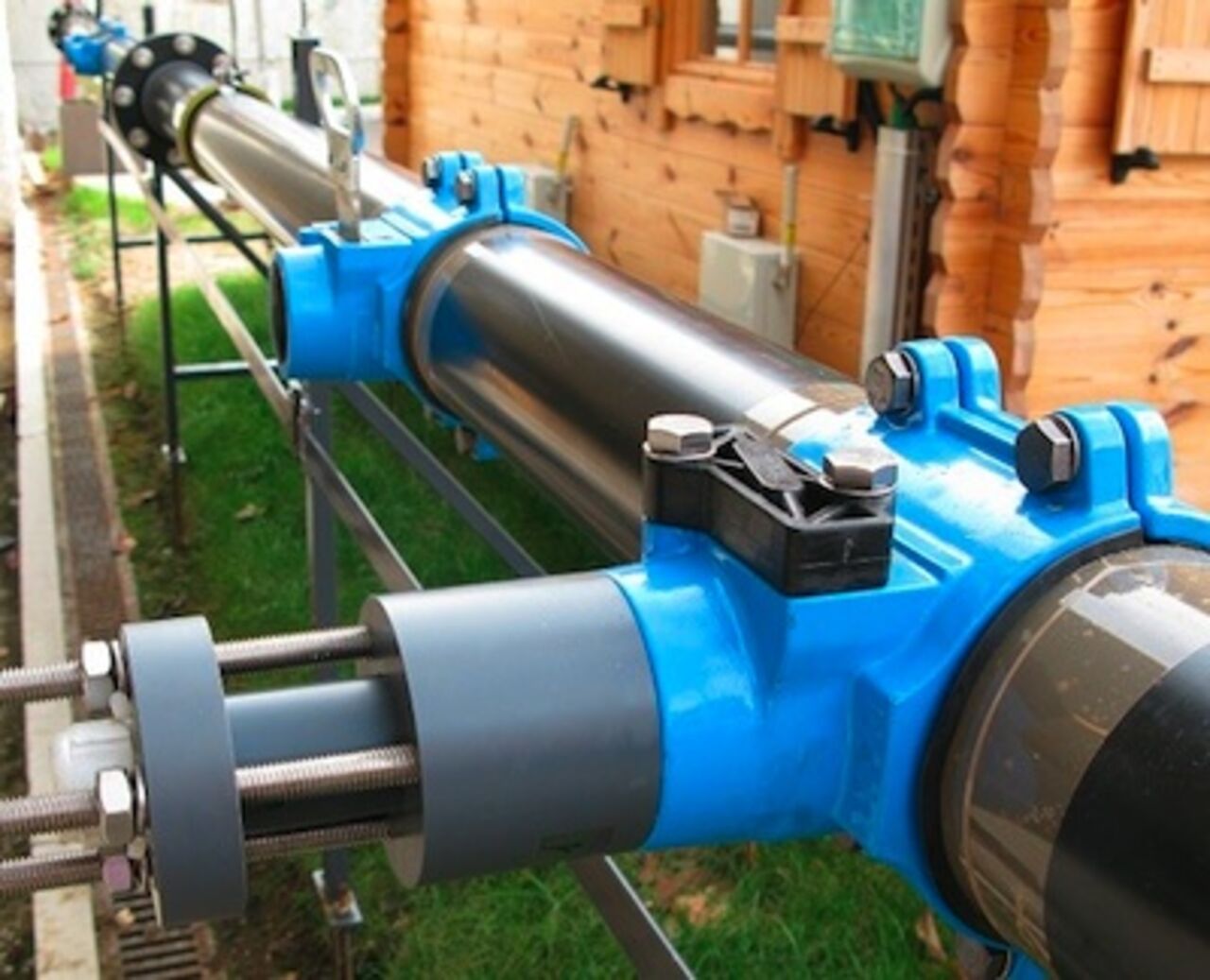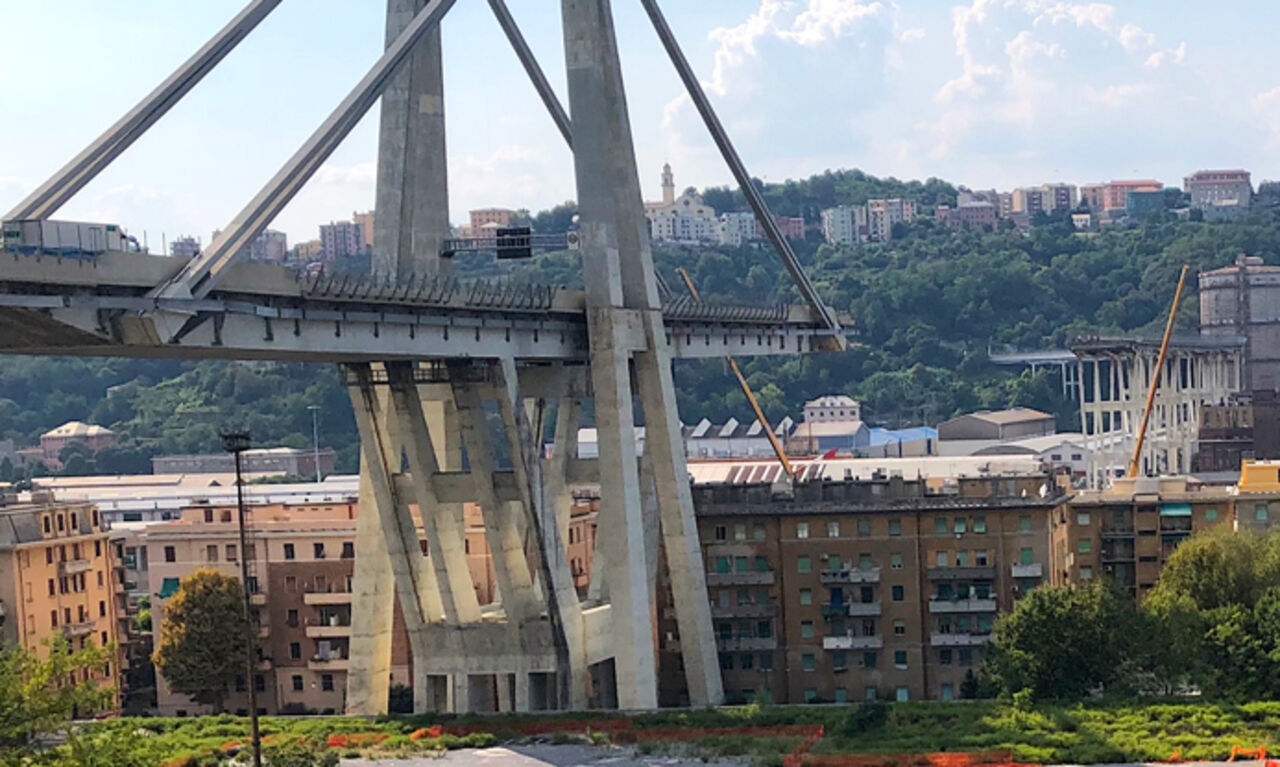Research for the benefit of public policy and society
Our scientific priorities
Cold logistics for pavement replacement, mooring cables for offshore wind turbines, autonomous vehicles as well as road safety, methods for observing and measuring urban mobility or logistics: these are all examples that demonstrate how IFSTTAR researchers are addressing major societal challenges. The issues raised require preliminary and applied research but also expert assessments, all three of which advantageously feed into one another.
Rooted in the skills of its research teams and laboratories, IFSTTAR conducts research in the fields of mobility, safety, planning and the environment. In 2016, the institution carried out work to focus its activities on "priority themes", that are central public policy challenges in these areas as well as on themes where its impact is strong and eagerly awaited. This strategy, which is explained in greater detail than the "10-year scientific strategy" defined in 2012, is the basis for the Institute's current research, which in turn is beginning to partially shape the future scientific strategy of the planned University.
Informing public policies
Before the requisite decisions are taken, the formulation of public policies must be founded on an exploration of the full spectrum of possibilities. IFSTTAR is doing its utmost to do this both at the national level in conjunction with its ministerial supervisory bodies (MTES, MESRI and DSR) and at the local level with local authorities. This support can take several forms, sometimes even including a framework contract such as that signed in 2018 with the STAC or a letter of intent such as that presented in September 2018, in collaboration with CEREMA and the Ecole des Ponts Paristech, with the Seine-et-Marne Department on the theme of the road of the future. IFSTTAR assists the DGITM on the theme of the Automated Vehicle by participating in the working groups that are managed by the Ministry.
The Institute assisted the parliamentary commission led by the Deputy Benoît Simian on the greening of rail transport as co-rapporteur with the General Council for the Environment and Sustainable Development and the General Council for the Economy. The commission paves the way for the trialling of hydrogen powered regional trains by 2022 in conjunction with the Regions. This trial could subsequently lead to a wider deployment of this technology if its potential is confirmed.
IFSTTAR organises several technical days with CEREMA. These cover roads, engineering structures, masonry, acoustics and vibrations and geotechnical engineering. These days make it possible to transfer research outcomes to an entire community and promote the production of technical guidelines.
The involvement of the five departments in supporting public policies
In 2018, IFSTTAR's five departments were involved in a wide variety of public policy support missions.
For AME, there have been many requests: the mobility consultation and the preparation of the Mobility Policy Act, which led to the production of reports on carpooling, the governance of mobility, the improvement of air quality and data management. More specifically, researchers from the department were interviewed by the Deputy Damien Pichereau with regard to Light Commercial Vehicles, met the Supreme Audit Institution on the subject of low-carbon road transport, produced a report on the external effects of transport with the think-tank TDIE, and participated in round tables organised by the International Transport Forum (ITF-OECD) on the value of time and the resilience of supply chains.
As part of the European PROTEUS project, COSYS researchers have developed a low-cost nanosensor to measure water quality in networks. It has been tested in a Portuguese city (Almada) and will shortly be deployed in India.
In the framework of the Matriochkas project conducted with ONEMA and the Loire Bretagne Water Agency, GERS has made recommendations to local authorities with regard to remedial measures for urban areas (retention basins, green roofs, roadside ditches) in order to reduce peak flow and pollutant transfer after heavy precipitation. The seminar on the coast organised at the Maison de la Bretagne in Paris brought together employees of the MTES (central services and the Regional Directorate for the Environment, Planning and Housing (DREAL)), as well as researchers and planners from different institutions to discuss the complex issue of the coast.
MAST was much called upon to provide its expertise in the field of engineering structures after the Morandi viaduct disaster IFSTTAR's reactivity in the summer period was praised. In addition, the department puts its expertise on the service life of structures at the disposal of the public authorities.
TS2 remains very strongly involved in road safety issues: road safety for school pupils of the Auvergne-Rhône-Alpes Region, an appraisal of the 80 km/h speed limit for the Road Safety Directorate (DSR), and an assessment of the geographical and/or thematic extension of the Rhône Road Trauma Register. In addition, in the framework of the Committee of experts and ANSES, several reports have drawn attention: "health risks related to wind turbines", “hypersensitivity to electromagnetic fields”, “health risks to children of electromagnetic waves ”. A partnership with the French Public Health Authority on the subject of domestic accidents was set up based on the use of data from the ORAT (Rhône-Alpes Trauma Monitoring Centre) and a study that deals with head injuries.
